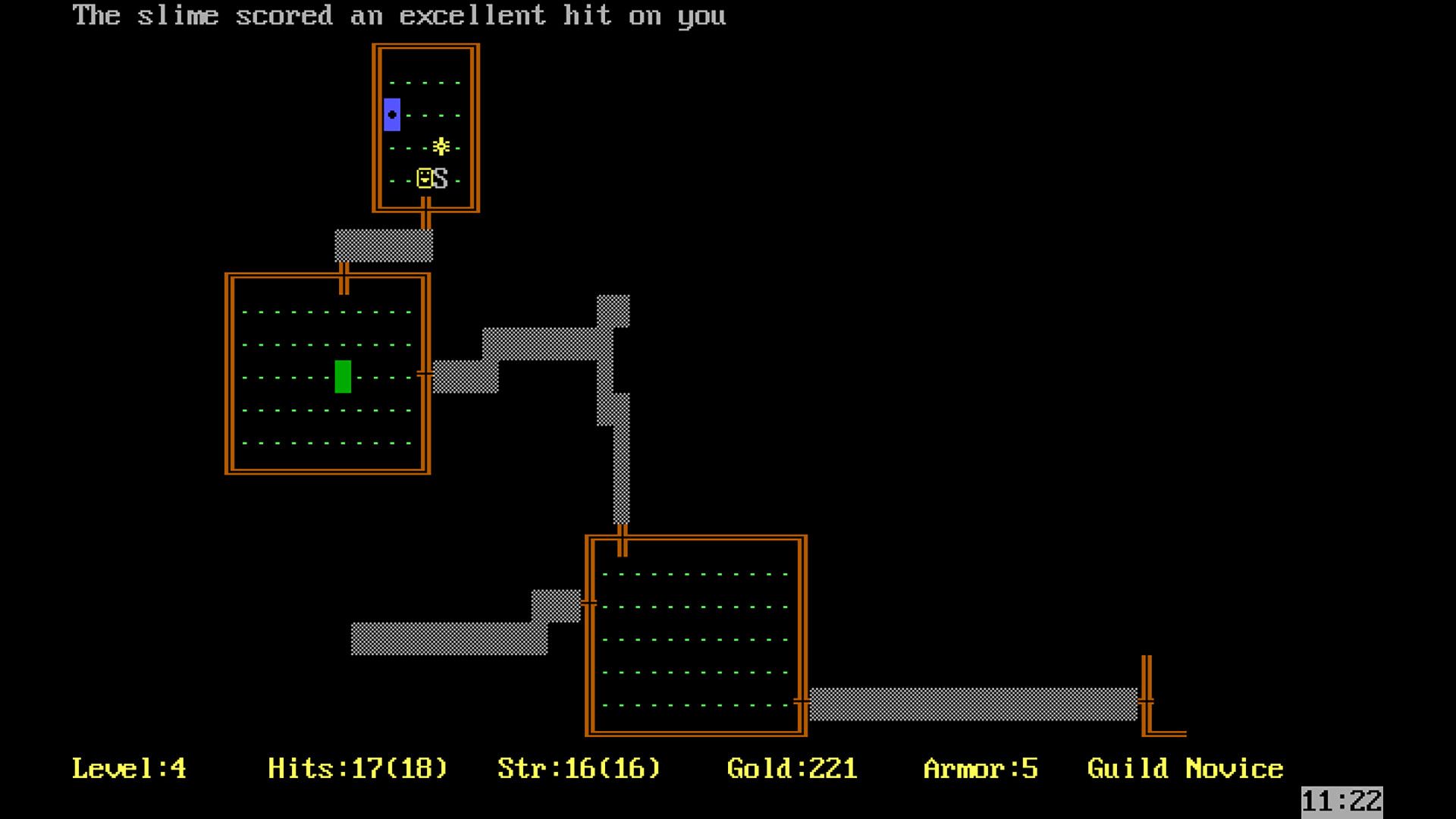Members of the company in Stratford Festival’s Ransacking Troy, a subversion of The Iliad and The Odyssey.David Hou/Supplied
Title: Ransacking Troy
Written by: Erin Shields
Performed by: Maev Beaty, Irene Poole, Yanna McIntosh, Sara Topham, Helen Belay, Sarah Dodd, Ijeoma Emesowum, Caitlyn MacInnis, Marissa Orjalo
Directed by: Jackie Maxwell
Company: Stratford Festival
Venue: Tom Patterson Theatre
City: Stratford, Ont.
Year: Runs to Sept. 28
There’s a certain rhythm to an Erin Shields world premiere. In most cases, it’s likely you know the story already: More often than not, Shields’s writing remixes an existing myth or parable. (Her canon of work includes adaptations of Ovid, William Shakespeare and John Milton.)
And, without fail, a new Shields piece will have playful allusions to the present – some joke or quip that reverberates across centuries to poke an audience in the side. There’s a good chance, too, that the work will highlight fault lines between genders using a blend of heightened, poetic language alongside more accessible dialogue.
The Art of War at the Stratford Festival paints a painful portrait of conflict
In a way, Ransacking Troy, now playing at the Stratford Festival through the end of September, is hardly surprising, a subversion of The Iliad and The Odyssey in which the women and gender-non-conforming inhabitants of Greece share their side of the Trojan War. Just the play’s logline is peak Shields.
What is surprising, however, is how effectively director Jackie Maxwell and her team bring the playwright’s latest faux-historical concoction to life, never once letting the play get away from them. Much like Shields’s previous epics, Ransacking Troy is a beast – lengthy, thick, complicated – and in the hands of a less capable director, the work might have felt impenetrable, beautiful on the page but best left to the imagination.
In Ransacking Troy, director Jackie Maxwell’s extraordinary cast play an astonishing number of characters.David Hou/Supplied
But Maxwell’s cast, pros at handling elevated prose, ably navigate Shields’s signature style, and at times even make the text sound like a multi-layered symphony. One minute, they’ll lament the gods in verse, cursing the ancient fates that brought them to the front lines of the Trojan War; the next, they’ll make a joke about groin-scratching.
In this manner, Ransacking Troy ebbs and flows its way through a spectacular journey for nine brave souls at sea, determined to end the war once and for all. The work, sprawling in scope, sees Maxwell’s extraordinary cast play an astonishing number of characters – more than once do the actors find themselves in impassioned conversations with themselves, quickly switching between characters as they argue.
For playwright Erin Shields, the future is female – but what about the past?
Indeed, Maxwell’s relentless cast is uniformly strong; Maev Beaty, Irene Poole and Sara Topham hold their own against one another as the leading women of Greece spar their way to a new world. And while there are no small roles in Shields’s script, Marissa Orjalo, Helen Belay, Sarah Dodd and Yanna McIntosh bring a particularly satisfying level of nuance and depth to their various secondary parts.
Where Ransacking Troy falters, for me, is in its second act, which picks up the momentum of the first half but runs out of places to put it. It’s tough to say where that disconnect comes from – one could argue that the play might feel more cohesive as a one-act, without any room for the action to stall.
In its present form, Ransacking Troy’s not bad, not by any means, but its ending feels a touch protracted, and strangely didactic given the action-packed, fast-paced material that precedes it. (Yet at the same time, there are also a few plotlines that wrap up more quickly than you’d hope, particularly a sweet romance between two of the travellers aboard the giant ship.)
These are minor writing quibbles, however, for a work whose execution is as streamlined as it is here. Judith Bowden’s set and costumes perfectly capture Shields’s time-bending approach to myth-making – gauzy togas pair seamlessly with beat-up Doc Martens and platform sandals. Bowden’s hair designs in particular are clever and eye-catching under Michael Walton’s lighting design.
One of the more memorable tracks by British indie-pop songstress Maisie Peters is her ballad History of Man, in which Peters, young and heartbroken, beseeches the universe for its treatment of women: “The men start wars, yet Troy hates Helen,” she murmurs. That sentiment neatly sums up Ransacking Troy in all its earnestness: Sweetly sad and quietly powerful in its dissection of male rage and its impact on women.
So it goes. Ransacking Troy is unlikely to shock mythology buffs. But its graceful portrayal of the Trojan War – stripped of the era’s characteristic testosterone and pride – offers a new future for the myths our society has for millenniums held dear. Another canonical classic successfully ransacked for gold by Shields.











